Artificial intelligence vs Natural intelligence
Explaining the Terms of AI and NI
What is AI?
The term artificial intelligence (‘AI’) pertains to the imitating of human intellect in machines that are programmed to think, learn, and devise solutions. AI systems leap forward thanks to algorithms and data that enable pattern recognition, decision making, and language processing. One notable subset is generative AI which relies on deep learning systems to generate new content such as text, images, and music. For instance, ChatGPT creates text that mimics human writing while DALL-E makes realistic images that match the description provided in the prompt (Simplilearn).
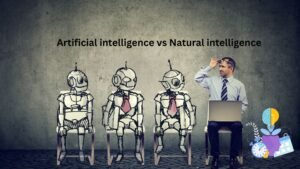
What Is Natural Intelligence?
Natural Intelligence (NI) refers to the mental ability that is possessed by human beings and other life forms. It includes learning from experience, reasoning, problem-solving, creativity, emotional intelligence, and adapting to new situations. Unlike AI, NI is biologically developed through living processes, allowing humans to deal with complicated and layered “social” and “emotional” environments. NI’s greatest strength is its capacity to appreciate subtle differences and complexities within a given situation and make moral choices (GeeksforGeeks).
Capacities of AI and NI Systems in Contrast
As runs counter to their naming conventions, AI and NI have some shared operations. Their processes, accuracy and approaches remain quite differenet. Their primary differencse are noted below for ease.
These contrasts from Simplilearn greatly depict the efficiency AI has compared to the capabilities NI possess and rely on.
Generative AI: Closing The Gap?
Generative AI reflects a profound advancement in the capabilities of AI, as it tries to replicate human ingenuity by producing new content. The possibilities of ChatGPT and DALL-E showcase what is possible in the upcoming ages. These technologies have the ability to transform countless industries such as marketing, content creation, and design. That said, generative AI has no understanding of context and works on statistical patterns, therefore severely lags in replicating the vast dimensions of human creativity. As Latanya Sweeney from Harvard notes, “While [generative AI] is not creating in the way humans are, it is making the latest development in this technology feel really different” (Harvard Online). This difference emphasizes that AI still lacks the imagination and consciousness found in humans, and, in this regard, automates creativity.
Strengths and Weaknesses: A Side by Side Comparison
Advantages of AI
- Speed and Efficiency: An AI can process endless volumes of data in record time, which is ideal for pattern recognition and data analysis.
- 24/7 Operation: AI can continuously operate unlike humans which require breaks.
- Precision: AI is good at repeating tasks which makes them capable of minimal errors in spaces such as manufacturing or finance.
- Scalability: AI can maintain a high level performance regardless of the amount of operations at hand.
Limitations of AI
- Lack of Creativity: Generative AI has no capability of composing original ideas; in fact, it is a blend of other data.
- Lack of Emotional Intelligence: The inability to process feelings, hindering social or empathetic roles, limits AI functionality.
- Reliance on Information: Bias and inaccuracies might stem from AI performance being restricted to its training data.
- Ethical Vacuity: A lack of moral reasoning causes AI to need human guidance for maintaining ethical coherence.
Benefits of NI
- Creativity and Innovation: Innovation stems from the human ability to develop completely novel ideas and solutions.
- Emotional Intelligence: The enabling of empathy, social insight, and ethical judgment is possible through NI.
- Flexibility: New learning requires no retraining for humans in order to adapt to novel situations.
- Contextual comprehension: Humans exceed AI’s contextual grasping of intricate nuances and comprehensible subtleties.
Limitations of NI
- Physical and mental limits: Humans have a set processing speed, fatigue, and require rest.
- Constraining Errors: Decision making due to emotions or biases results in human-influenced error.
- Problems with Scaling: Task efficiency tends to drop significantly, especially for monotonous or large-scale operations, when performed by humans compared to AI.
The Importance of Generative AI in Consultancy
Generative AI consultancy integrates new technologies and helps businesses develop and implement artificial intelligence-related systems. A consultant will recommend the use of generative AI for content production, chatbot-driven customer support, or sample generation for other creative endeavors. As important, however, is the understanding of the limitations of generative AI. It is imperative that consultants manage expectations AI use within defined outcomes that AI cannot fully resolve, such as ethical considerations relying on human thought processes. To give an example, a report or design may be generated, but a human will ensure that the result is accurate, pertinent, and ethically sound (Harvard Online).
Ethical Issues
AI’s sentience, or lack thereof, shapes one’s perception of ethics attributed to these technologies. Weighing the moral implications of the topic, what society will think about it, and the overall outcome of an action is something that present-day AI can’t comprehend. As society advances in using AI, humans must provide input to ensure ethical justification and uphold the system’s integrity. Take the example of content generation; generative AI can do that, but uncurbed supervision may yield bigoted or injurious outcomes. Merging ethics and AI for an optimized ethical work environment is essential (GeeksforGeeks).
Looking Foward: The Future Integrating AI And NI
Advances in AI and creative industries will work hand-in-hand identifying challenges in creativity, emotional intelligence, and moral reasoning. On the integration possibilities or synergies suggested by Professor Tingley from Harvard, he noted that, “The breadth of things that ChatGPT is able to do is stunning” (Harvard Online), revealing the different features enabled by AI models. Human control will still be needed for processes which require creativity, empathy, or exercising moral judgment. The combination of AI and NI as advocated will likely characterize the next era of innovation with enduring symmetry in their strengths.
In Summary
AI have shown astonishing feats considering the speed provided by generative AI and exceeding the expectations set off by natural intelligence. Nevertheless, when considering the creativity, emotions, and ethical boundaries, it still lags behind. A remarkable gap remains, with machines vastly more efficient at processing data, while unmatched human capability exists in the domain of adaptability, creativity, and empathy. Humans will guide creativity and ethics, while assigning repetitive tasks to machines, envisioning a nimble balance between artificial and natural intelligence.
/galaxy-s26-gets-smarter-samsung-taps-perplexity-ai-for-future-phones/
/nintendo-switch-2-release-date-price-and-features/
/playstation-state-of-play-june-2025-what-you-should-prepare-for/
/nintendo-switch-2-at-walmart-here-is-how-you-can-pre-order-it/
/apple-ios-26-expected-features-after-the-upcoming-announcement/
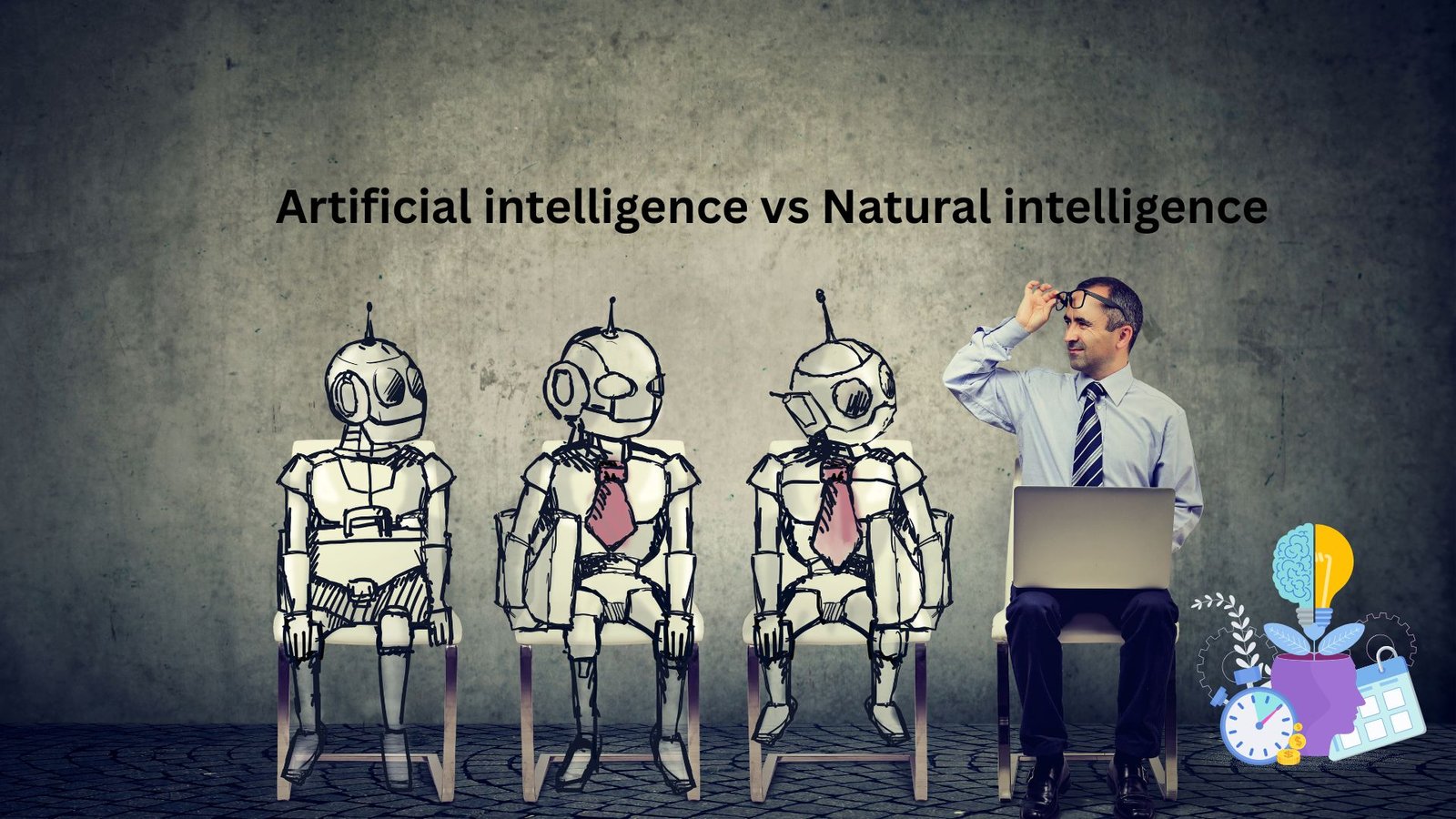


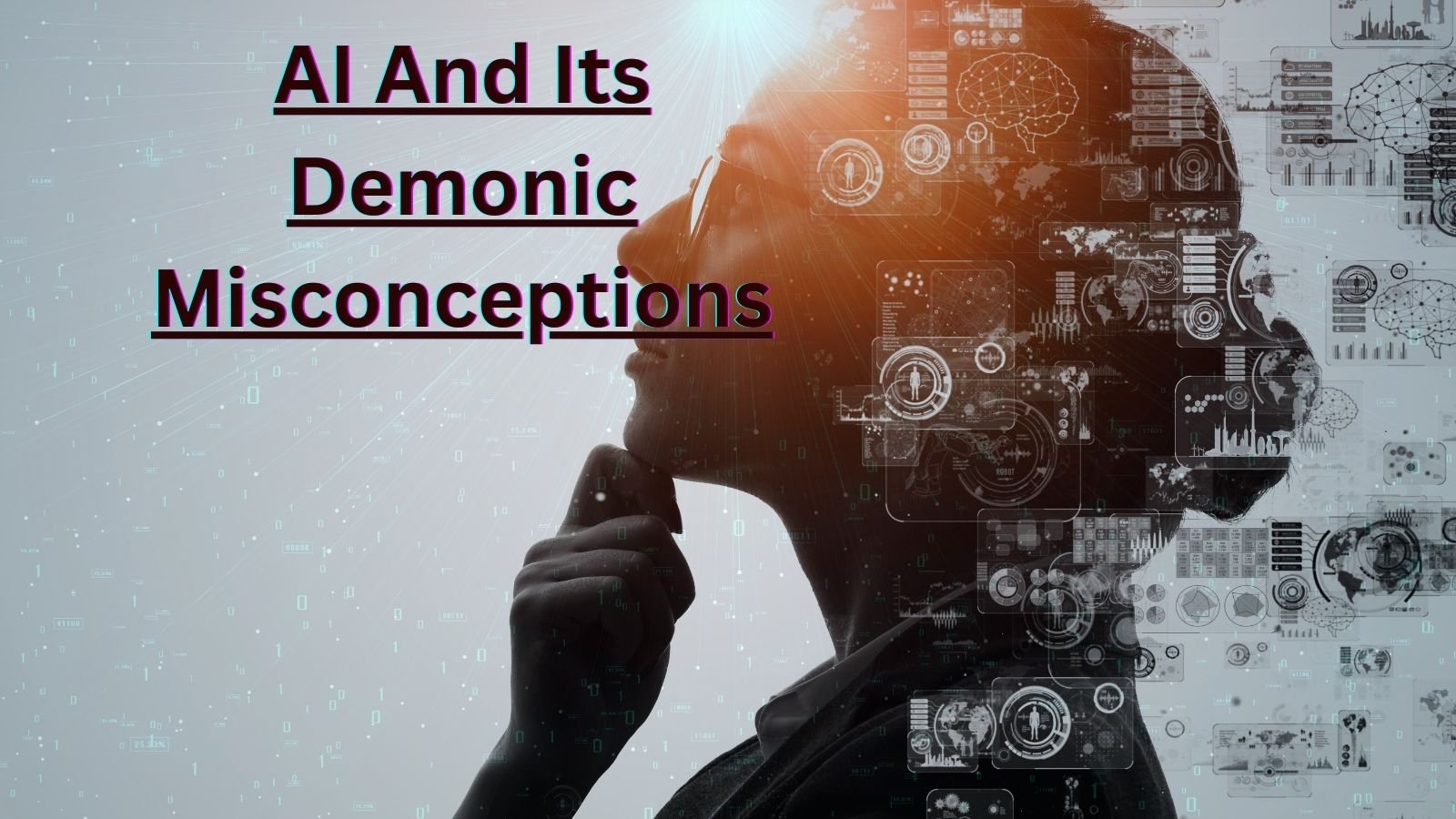



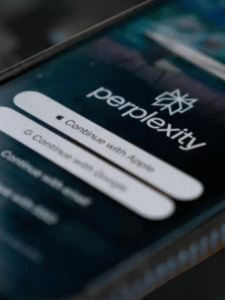





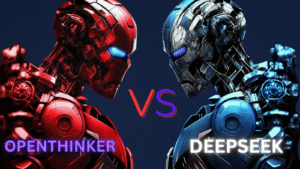


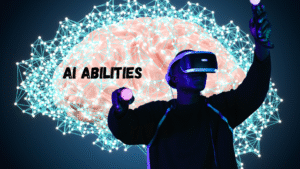
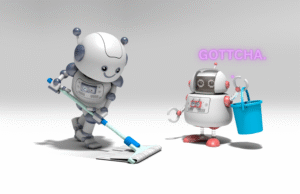

Post Comment